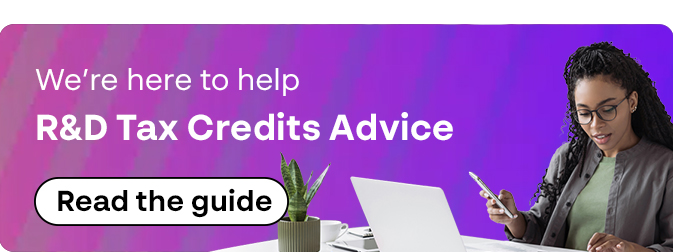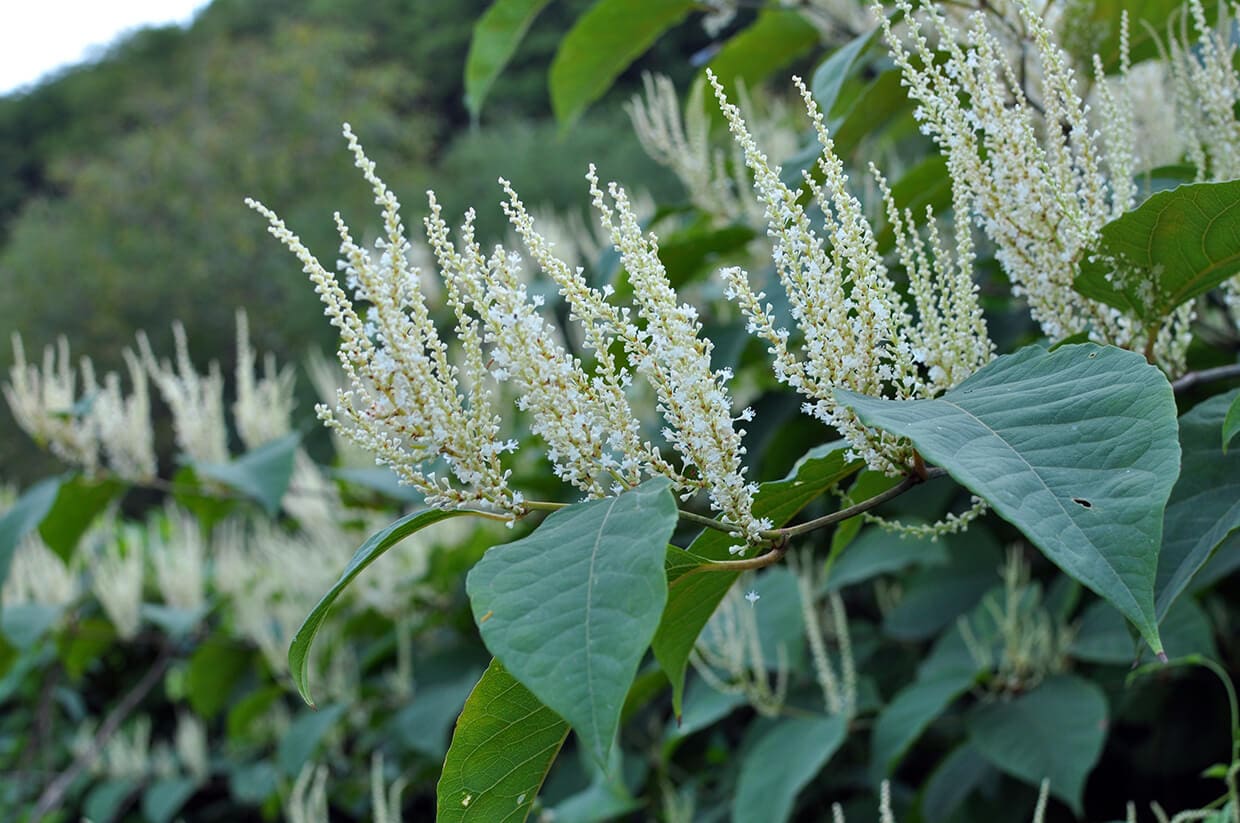Tell Me About Land Remediation Relief
13 December 2024
Did you know there’s a tax relief available for businesses involved in cleaning up contaminated land?
If your business is tackling land remediation (the process of cleaning up polluted or contaminated sites to make them safe for development or other uses), Land Remediation Relief (LRR) could help offset some of those costs.
Let’s break down what it is, what it covers, and how it might benefit you.
What does Land Remediation Relief cover?
Land Remediation Relief is designed to ease the financial burden of cleaning up contaminated land.
Here are some examples of what qualifies:
- Treatment of invasive plants such as Japanese Knotweed.
- Removal of contaminated soil and water.
- Asbestos removal
- Removal of natural contaminants such as arsenic and radon
What doesn’t qualify for LRR?
It’s important to know what doesn’t qualify, so here are a couple of key exclusions:
- Grant funding for decontamination: If you’ve received a government grant to help with decontamination, the subsidised costs won’t be eligible for LRR.
- Discounted acquisition costs: If you purchased the land at a reduced price because of its contamination, no claim can be made.
- Companies responsible for the contamination or dereliction cannot claim the relief.
What are the tangible benefits of claiming Land Remediation Relief?
If your business is involved in land remediation, LRR can provide valuable financial relief. In fact, businesses can claim up to 150% of their eligible remediation costs as a tax deduction, making it a powerful tool for businesses working to restore contaminated land for future use. By reducing the costs of decontaminating land, LRR makes it easier to focus on the redevelopment and repurposing of the site, without the full financial burden of remediation projects weighing you down.
Final thoughts
Knowing about Land Remediation Relief could mean the difference between a viable project and one that’s not financially feasible. This relief isn’t just for large developers—it can apply to a range of businesses working to restore contaminated land for future use.
If you think this might apply to your business—or someone you know—take a look at our detailed page on Land Remediation Relief for more information: or get in touch with VISIATIV. We’re here to help you explore the relief available and guide you through the process.








